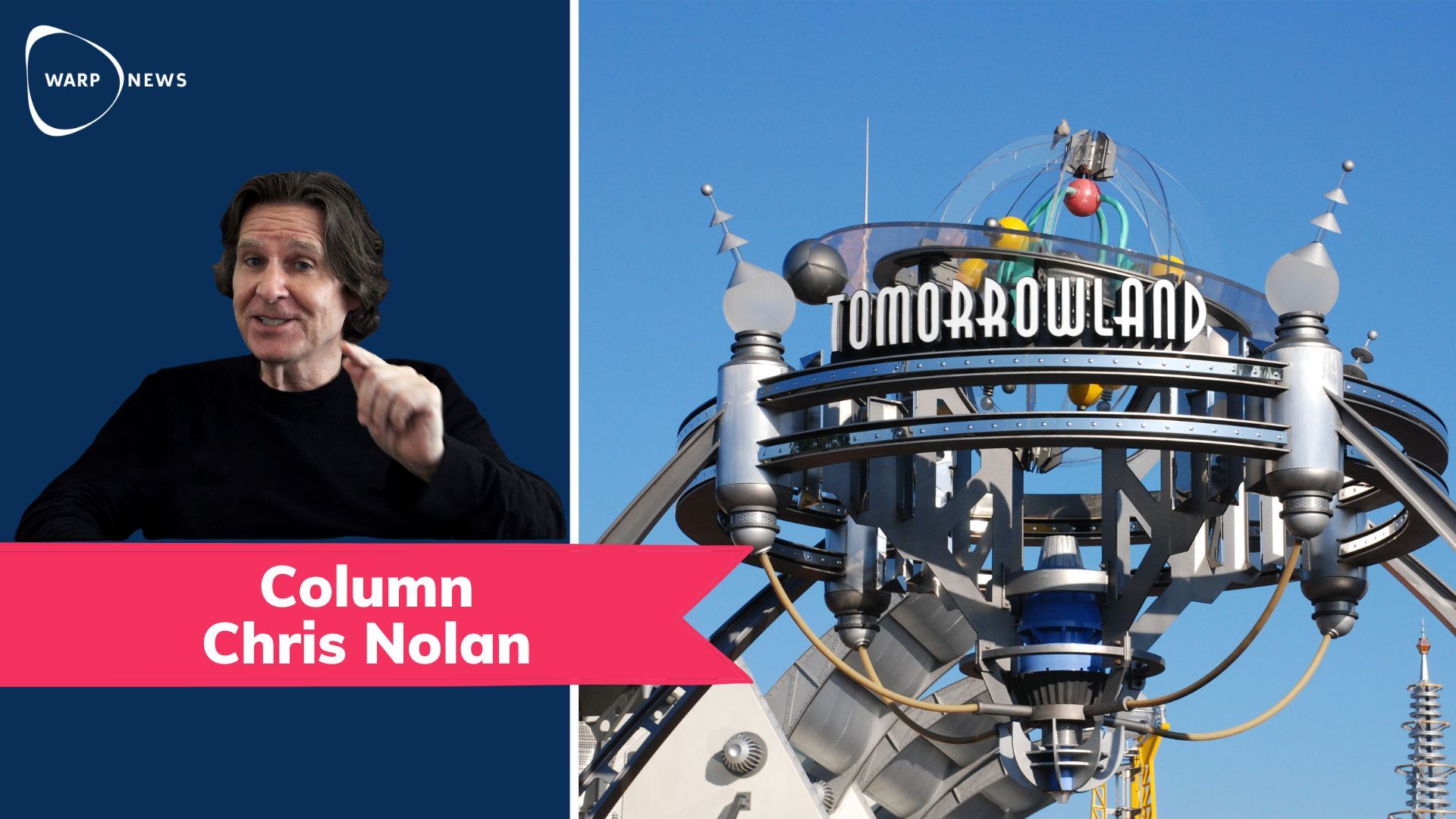✍🏼 Essays
Every week you get a thought-provoking essay on how you can understand and create the future.
📺 Why are people so pessimistic about the future? Part 2 - the news media
Good journalism is one of the most important things we have in society. But news media is unbalanced and report much more negative news than positive, which gives us a distorted and pessimistic view of the world.
🙈 Why are people so pessimistic about the future? Part I - wrong about the facts
A majority of people in the richest countries are pessimistic about the future. One reason is that they know less about humanity's progress than chimpanzees.
🎥 Chris Nolan: How storytelling can change the future — what’s wrong and how to fix it
Why is the real story of a better future not being told? And how can we fix that? Asked and answered by Chris Nolan, a multiple Emmy-winning director-writer.
😟 Hey, kids – drop the climate anxiety
"A millennial couple recounting how they wrestled for a decade (!) with the “ethical quandary” of whether to bring “another human onto an already crowded planet.” (she wanted to raise a “climate ally,” he feared for the child’s future)," writes Ulrika G. Gerth
🏭 24 of 26 air pollutants have decreased in Sweden
PART 2: Of the 26 air pollutants that the Swedish Environmental Protection Agency measures, 24 have decreased in absolute numbers during the period 1990–2018. At the same time, Sweden's population increased by roughly 1.6 million and the economy almost doubled.
🤗 The power of sharing: owning less but enjoying more
Moving to a collaborative society can make the use of raw materials more efficient and local communities independent, improve the use of several products but also foster the best ideas.
🧠 Our collective intelligence shows why the future is bright
How can you know that the future is bright? Because there is no stronger force for improvement than people's ideas - and thanks to democracy and technology, we now have access to more ideas than ever before.
🌐 Wikipedia shouldn't work, but does so thanks to our collective intelligence
Wikipedia should not work. It should be better with experts writing an encyclopedia, instead of just anyone. Democracy should not work. Experts should make better decisions on the budget and legislation. But it does work. Why is that?
🥤 The United States has reached Peak Stuff
The US economy now consumes fewer resources than it used to, and not more. It seems the United States has reached Peak Stuff. This shows the power of digitalization, and shows that continued development is the path to an environmentally sustainable society.








